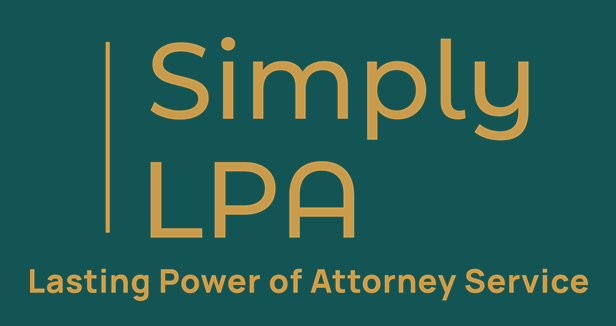Types of LPA
There are two types of LPA
Health and Welfare LPA
A registered health and welfare LPA does not give your Attorney(s) permission to make decisions for you on your behalf unless you lose mental capacity. With a Health and Welfare LPA, no-one can act for another person until it has been proved the person (Donor) lacks full mental capacity.
The Mental Capacity Act 2005 is designed to protect and empower people who may lack the mental capacity to make their own decisions about their care and treatment. Examples of people who may lack capacity include those with dementia, a brain injury, mental health illness or a stroke.
If you are unable to make decisions, your Attorney(s) will be able to support you on the following issues:
- Giving or refusing consent to medical treatments
- Whether to stay in your own home and how you will receive help from social services
- If you are unable to stay at home, to select the most suitable care home
- Day-to-day decisions, like your diet, clothes, activities and your general daily routine
Sometimes, an unforeseen event can render you unable to deal with your affairs. But as soon as your application has been registered, you have the peace of mind knowing your Attorney(s) can step in immediately.
Often at this time, a lot of decisions have to be made, such as care provision packages, applying for benefits and ensuring that any dependants can also be assisted
Unlike the Health and Welfare LPA which is only triggered when a Donor loses mental capacity, the Financial and Property LPA can be used and acted upon as soon as you wish. You can retain full control over all your affairs, but you also have the flexibility to start withdrawing from your decisions and actions over time. This may be a more comfortable process for both you and your Attorney(s).
For instance, you may be fully capable of making all your decisions but if you find it difficult to get to the bank to withdraw money or speak to an insurance company about a bill, you can ask one of your Attorney(s) to do it for you.
Your Attorney’s responsibilities for your financial and property matters could range from:
- Dealing or assisting you with your bank and building societies
- Managing your household services and bills
- Instructing or assisting you with any financial advisers or stockbrokers in relation to investments you may have
- Arranging for your property to be maintained, sold or possibly rented if you no longer reside there
- Dealing with your benefits
- Looking after your insurances
These are just a few examples of how important a Financial and Property LPA can be in assisting a person who is unable to carry out these tasks. However, you can restrict the types of decisions your attorney can make on your behalf and this is something which can be included in the LPA documents.

Book Your Free Consultation Here
IMPORTANT NOTICE – SIMPLY LPA LIMITED are not a law firm and therefore cannot under any circumstances give any legal advice on any aspect of LPAs or their suitability to specific circumstances. SIMPLY LPA LIMITED provide factual information only and an execution only service based on your instructions. If you require legal advice on LPAs you must rely solely and exclusively on advice from an SRA regulated solicitor.


